What does a banana have to do with economic security, education, and skill development? In Rwanda, the answer is everything.
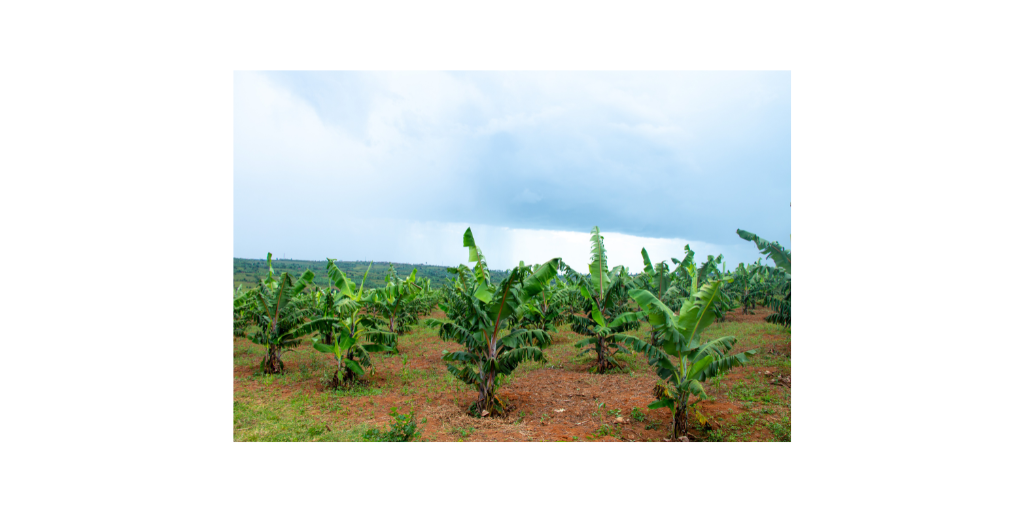
There, Nazarene churches discovered that by training smallholder farmers to grow and sell high-quality bananas, they could create paths for security and change for individuals, families, and entire communities. These bananas fetch a high price at the market because they are highly nutritious and few farmers in the area grow the fruit.
At Mbare Church of the Nazarene, one of the participating churches, project leaders explained that this idea came about specifically to address burdens that church and community members carried on a daily basis. Lack of funds to pay for school fees, medicine, insurance, clothes, and even food made life stressful. The COVID-19 pandemic and associated stay-at-home requirements shuttered options for income even further.
The project’s concept, while simple, has had a meaningful impact. The project leaders identified people and families in need of assistance, and trained those beneficiaries in modern cultivation techniques. They provided them with banana tree seedlings to plant at home, and instructions related to fertilization, watering, timing of planting and harvesting, and how to achieve high crop yields in small plots of land, among other related topics. More bananas are planted on land provided by local churches. When the connected farmers sell their crop, they can then provide for their needs and the needs of their family members.
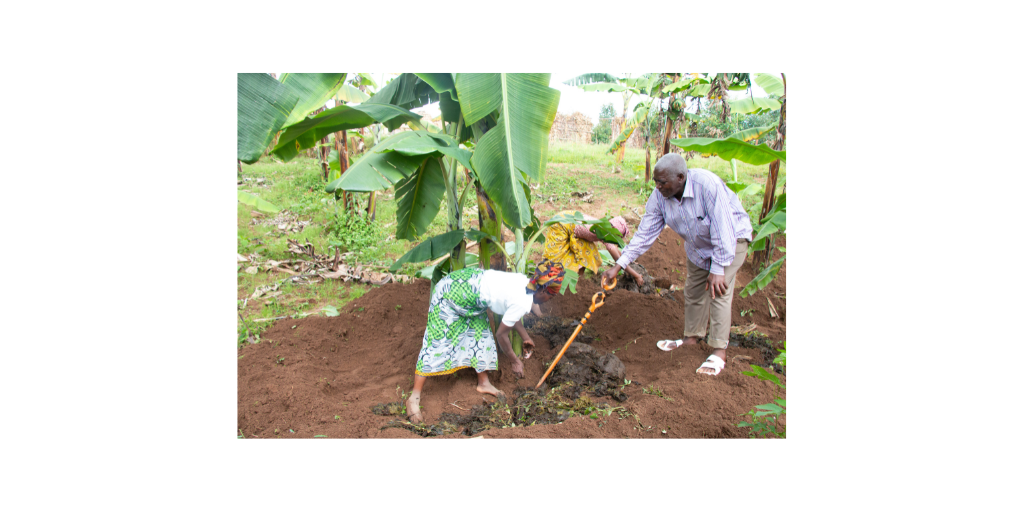
The local churches and church members involved in this project provided essential support like land, project management skills, follow up with participating growers to ensure their needs are being met, and help coordinating with required government reporting. This year, the project had 150 families participating, impacting around 600 beneficiaries directly.
One of the coordinators explains that the structure of the project can be broken down into three steps.
“There are three main activities which we are carrying out to make this project happen—The identification of beneficiaries (in collaboration with local authorities and the local church), the training of beneficiaries so the knowledge they gain can be implemented in their respective communities, and the home visits so that we may make sure that the knowledge is being implemented at the local level.”
The farmers who attended the trainings take their education home to improve their own skills. Mukamna is a beneficiary who received training in fertilizer use and how to best plant her seeds for optimal growth, not mixing varieties together. When the team leaders visited to check on her crops’ progress, they found them to be well-organized. Mukamna shared that this education was very helpful.
Other farmers go a step further, using their training to help others. Migabo, another beneficiary, also learned about fertilizer use, single crop cultivation, good seed selection, and monitoring activities. Migabo has now started educating other farming groups and is working to form a rice-growing organization.
“This project has been of great benefit because we’ve gained a knowledge of how the bananas are planted,” says another beneficiary. “We bring this knowledge to our local communities where we try to implement the same knowledge at the local levels.”
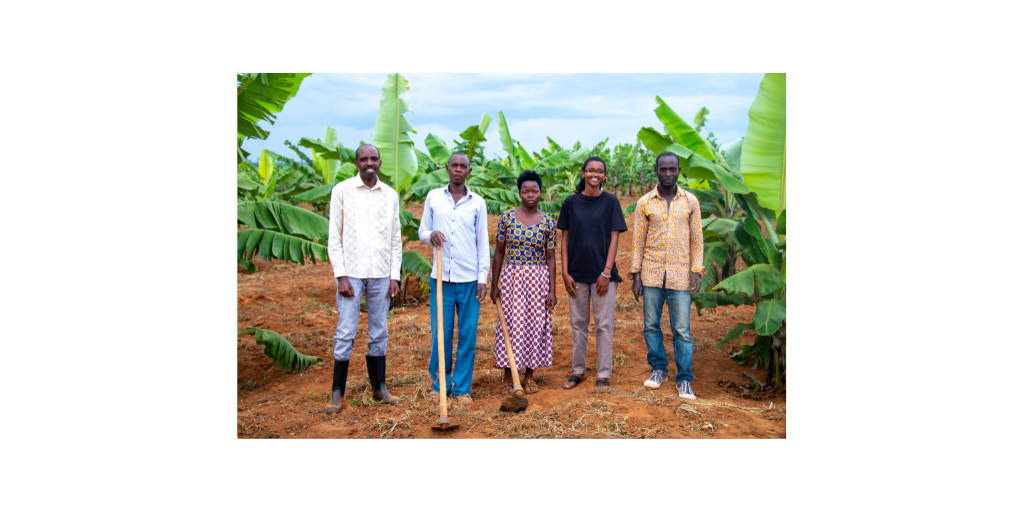
Over time, the project aims to help reduce the overall cost of bananas in the area so as to better support the community and the nutritional needs of children and those with poor health. In the coming years, the project will expand to more areas in Rwanda.
One farmer shared how participation in the project helped insure her children could attend school. “This project helped me a lot because I gained funds from this project and I bought animals to keep at home,” she says. “I have chickens, and I sell the eggs. After selling the eggs I pay the school fees for my children.”
From initial concept to now changing the lives of 600 people, this banana-growing effort is breaking the cycle of poverty and providing new options for income generation for farmers, while solidifying local churches as hubs of compassion and care. As a farmer states simply, “If we have problems, we ask this organization to help, and they help. For real, this project helps us prepare for the future.”

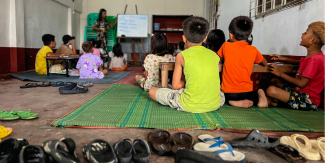
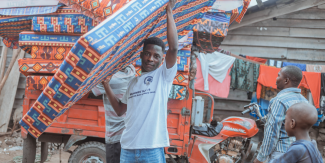
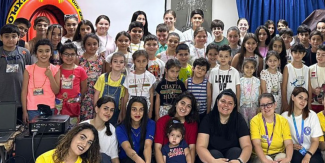


Add new comment